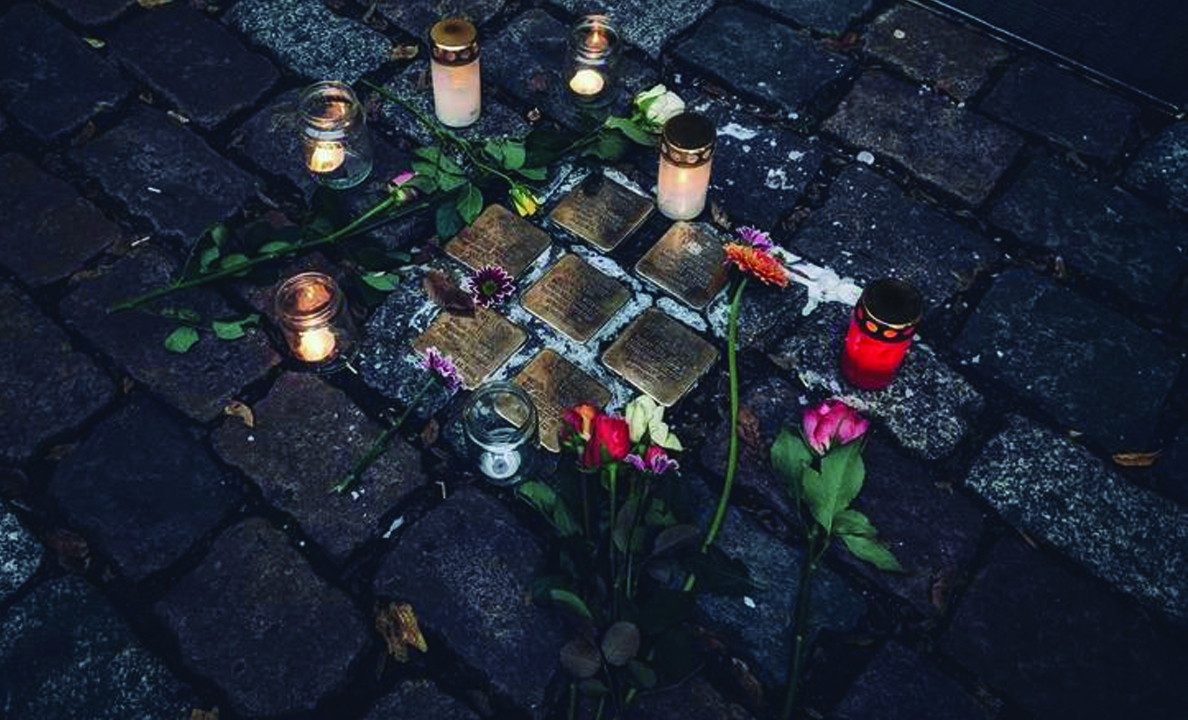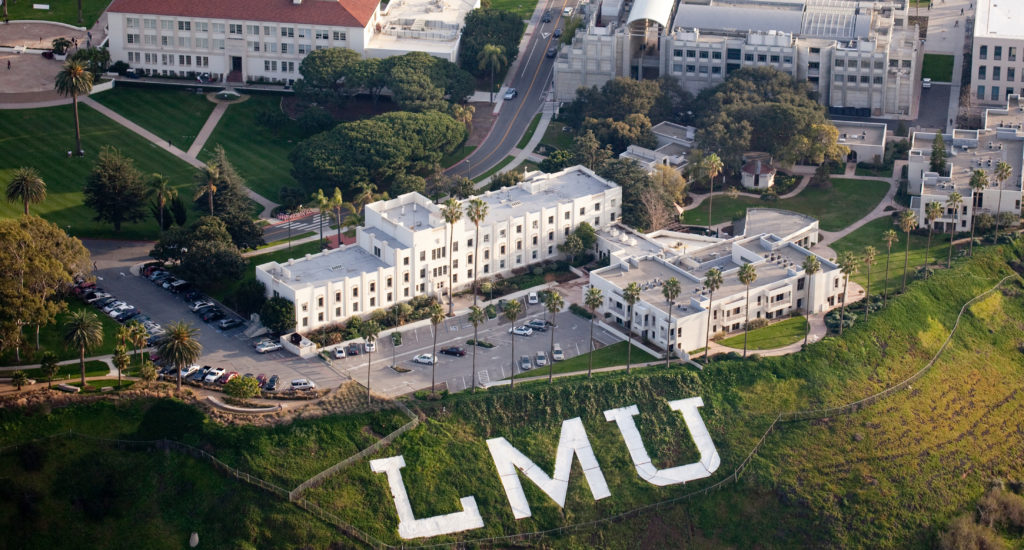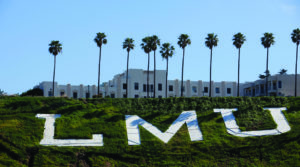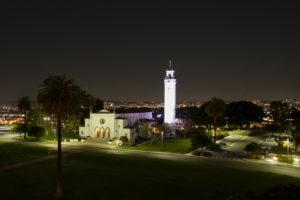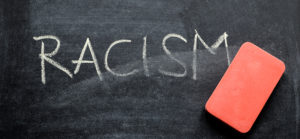LMU BELLARMINE COLLEGE OF LIBERAL ARTS | Tragic circumstances can bring out the best in people.
That was the theme of Loyola Marymount University’s 15th Kristallnacht Commemoration, “Voices of Hope, Acts of Kindness: Mutual Assistance in the Holocaust,” on Monday, Nov. 9, 2020. The virtual version of this signature LMU event brought together students, faculty and staff, and community members, including Holocaust survivors, to remember the victims of the Holocaust and honor those who, despite their own hardships maintain their dignity to help others.
“Mutual assistance is often complicated, and sometimes uplifting,” said David Silberklang, senior historian in the International Institute for Holocaust Research at Yad Vashem and author of “Gates of Tears: the Holocaust in the Lublin District,” the first comprehensive study of the Holocaust in the Lublin District. Silberklang told three moving stories involving letters between rabbis, a group of women who saved an ailing member of their group, and a life and death standoff involving a group of children. His research on the theme of mutual assistance underscored a truth: “They retained their humanity to the end.”
LMU Chancellor Michael Engh, S.J., delivered the invocation for the commemoration, which he created in 2006 when he was dean of the LMU Bellarmine College of Liberal Arts. Two years later, Father Engh approved the Jewish Studies program at LMU.
Kristallnacht, the Night of Broken Glass, marks the night in 1938 when Nazi-orchestrated violence killed 92 Jews, arrested more than 25,000 others and destroyed 200 synagogues and thousands of Jewish homes and businesses. It is recognized as the beginning of the Holocaust.
The virtual platform allowed the community to be together to mourn, to remember, to learn, and to see sparks of light in even the darkest times, said Holli Levitsky, director of the Jewish Studies program and professor of English.
“In partnership with the Academy for Jewish Religion/L.A., and Yad Vashem, we created an equally powerful Kristallnacht commemoration that includes new research on solidarity among Jews, original music, student reflections and interfaith prayers, accompanied by a communal candle lighting service — led by several friends of LMU Jewish Studies, including Holocaust survivors Gerda Seifer and Dr. John Benfield; children of survivors, LMU (retired) Dean Renee Florsheim and community member Ron Salcer; and grandchildren of survivors, LMU students Nessia Hausman ’23 and Rachel Kaftan ’20,” Levitsky said.
Even when Jews were forced into ghettos, deported and starved for food, there were those who were able to rise above the daily struggle to survive and help others. Holocaust scholar Lawrence Langer argues that “surviving in extremity meant an existence that had no relation to our system of time and space, and where physical survival under these conditions resulted in ‘choiceless choices.’” Still, there was solidarity among victims, in the death camps and elsewhere, which led to victims trying to help or rescue other people who were perhaps in even worse circumstances.
The keynote speaker, Silberklang has tenaciously and with grim persistence uncovered many moments of mutual assistance, showing the psycho-social advantage of helping others while confirming Langer’s point that even a choice to help one victim likely led to the sacrifice of another. “Absent the ability to rescue, they helped others,” Silberklang said. “Facing impossible odds, and knowing the odds they faced, still they provided assistance.”
